Accounting and CPA firms require a robust secure CPA network to protect sensitive financial data online. This involves tailored IT compliance solutions like secure VPN connections, strong password policies, regular software updates, advanced encryption (AES-256), multi-factor authentication (MFA), role-based access controls, phishing protection, email encryption, security audits, and employee training to mitigate cyber threats, ensure client trust, comply with regulations (SOX, GDPR), maintain operational integrity, and foster a culture of cybersecurity awareness.
In today’s digital landscape, cybersecurity is non-negotiable for accounting and CPA firms. Protecting sensitive financial data from cyber threats is paramount to maintaining client trust and regulatory compliance. This article explores tailored solutions to fortify your practice against emerging risks. From understanding specific vulnerabilities to implementing advanced threat detection systems, we provide a comprehensive roadmap for building a secure CPA network that safeguards data and ensures business continuity.
- Understanding Cybersecurity Risks in Accounting Firms
- Building a Secure CPA Network: Best Practices
- Data Protection Strategies for Financial Records
- Preventing Phishing Attacks and Data Breaches
- Compliance and Regulatory Requirements for CPAs
- Implementing Advanced Threat Detection Systems
Understanding Cybersecurity Risks in Accounting Firms
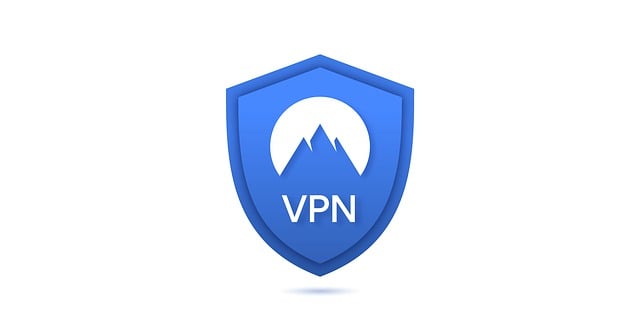
Accounting and CPA firms deal with sensitive financial information on a daily basis, making them attractive targets for cybercriminals. Understanding the specific cybersecurity risks that come with this responsibility is paramount to protecting both clients’ data and the firm’s reputation. In today’s digital age, where many operations are conducted online, ensuring a secure CPA network is not just an option but a necessity.
One of the primary concerns for these firms is maintaining robust data security measures. With the increasing use of cloud-based systems and remote work arrangements, protecting client information from unauthorized access or data breaches becomes more challenging. This is where professional IT compliance services step in, offering tailored solutions like secure VPN connections (Virtual Private Networks) for CPAs to ensure safe and encrypted communication. By implementing such measures, accounting firms can mitigate risks and demonstrate their commitment to safeguarding sensitive financial data.
Building a Secure CPA Network: Best Practices
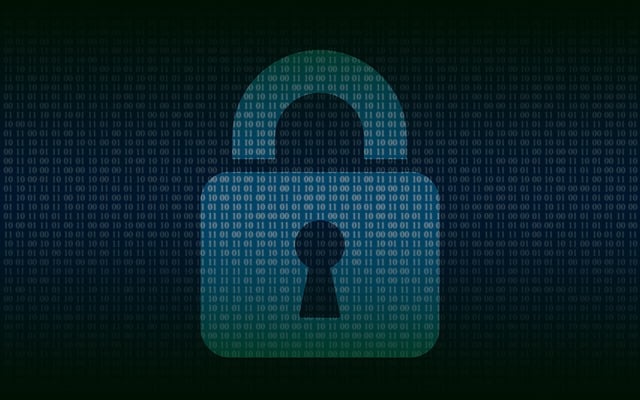
In the digital age, building a secure CPA network is non-negotiable for accounting and CPA firms. The first step involves implementing robust IT policies that dictate acceptable use of firm resources, protecting sensitive client data, and establishing clear guidelines for remote work and access control. This includes mandating strong password policies, regular software updates, and comprehensive cybersecurity training for all employees to defend against evolving threats like phishing attempts.
Additionally, a secure CPA network necessitates regular audits and assessments to identify vulnerabilities and ensure compliance with industry standards and regulations. Firms should invest in advanced security solutions, such as firewalls, intrusion detection systems, and endpoint protection, to safeguard their networks and client information. By integrating these best practices, accounting professionals can create a resilient and secure environment, fostering trust among clients and ensuring the integrity of financial data.
Data Protection Strategies for Financial Records
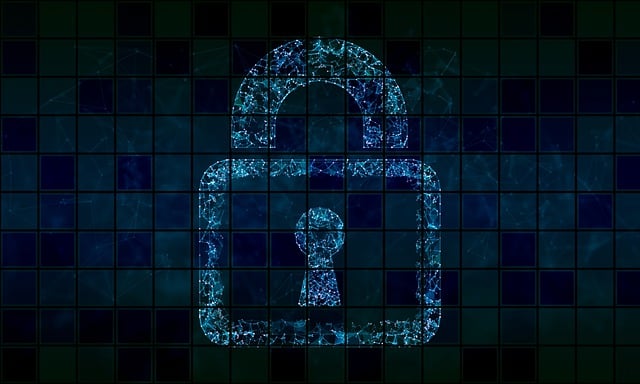
In the digital age, accounting and CPA firms handle vast amounts of sensitive financial data. Implementing robust data protection strategies is paramount to maintaining client trust and ensuring business continuity. A secure CPA network, fortified with multiple layers of security, becomes the cornerstone of effective data safeguarding. This involves encrypting all communications and data at rest using advanced encryption protocols, like AES-256, to prevent unauthorized access.
Furthermore, integrating email encryption solutions ensures that financial records exchanged via email remain confidential and intact. Remote access security measures, including multi-factor authentication (MFA) and role-based access controls, safeguard firm resources accessed by employees or third-party vendors. Regular security audits, coupled with employee training on cybersecurity best practices, reinforce the integrity of these data protection strategies, creating a formidable defense against potential cyber threats.
Preventing Phishing Attacks and Data Breaches
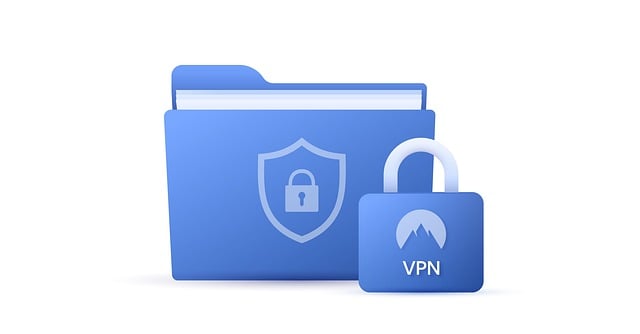
Phishing attacks and data breaches pose significant risks to accounting and CPA firms, as they handle sensitive financial information. To mitigate these threats, firms must invest in robust cybersecurity solutions tailored to their operations. Implementing a comprehensive IT policy that includes regular employee training on recognizing and reporting phishing attempts is paramount.
A secure CPA network, fortified with advanced encryption and multi-factor authentication, can significantly reduce the likelihood of data breaches. Additionally, keeping software and systems up-to-date with the latest security patches ensures that vulnerabilities are addressed promptly. By integrating these measures into their existing IT policy implementation, accounting firms can better protect their clients’ data and maintain the integrity of their operations.
Compliance and Regulatory Requirements for CPAs
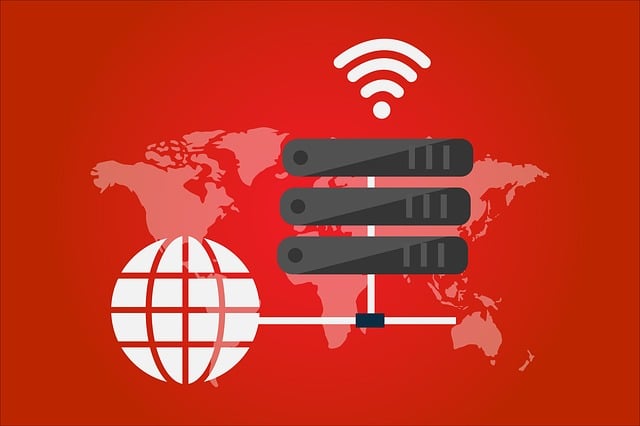
Compliance with regulatory requirements is a cornerstone for accounting and CPA firms. In an industry that handles sensitive financial information, adhering to standards like Sarbanes-Oxley (SOX) and General Data Protection Regulation (GDPR) is not just a legal necessity but also a key aspect of maintaining client trust. These regulations require robust internal controls, secure data storage, and stringent access permissions to prevent unauthorized access or modifications. Failure to comply can result in significant fines, reputational damage, and even legal action.
A crucial element of ensuring compliance is the implementation of a comprehensive IT policy that encompasses data protection measures, including regular security audits, encryption protocols, and phishing protection training for employees. By fostering a culture of cybersecurity awareness, CPA firms can mitigate the risk of accounting data breaches, which can have devastating financial and legal consequences. A secure CPA network, built on strong security foundations, becomes the cornerstone of these efforts, protecting sensitive information and maintaining the integrity of the firm’s operations.
Implementing Advanced Threat Detection Systems

In today’s digital era, accounting and CPA firms face an evolving landscape of cybersecurity threats. Implementing advanced threat detection systems is no longer an option but a necessity for protecting sensitive financial data within a secure CPA network. These systems leverage cutting-edge technologies like artificial intelligence (AI) and machine learning algorithms to identify and mitigate potential risks in real time, ensuring that any anomalies or malicious activities are swiftly addressed.
One critical component of these advanced systems is email encryption, which safeguards the confidentiality of communications between clients and professionals. Coupled with robust IT policy implementation and phishing protection measures, firms can create a multi-layered defense mechanism to counter various cyber threats. By integrating these solutions, accounting practices can maintain client trust and ensure compliance with data security regulations while fostering a culture of cybersecurity awareness throughout their operations.
